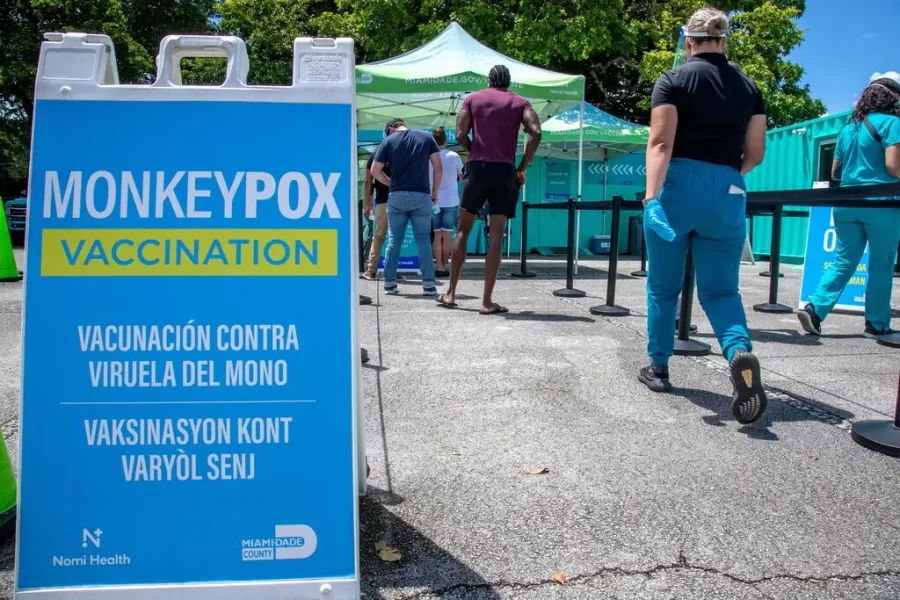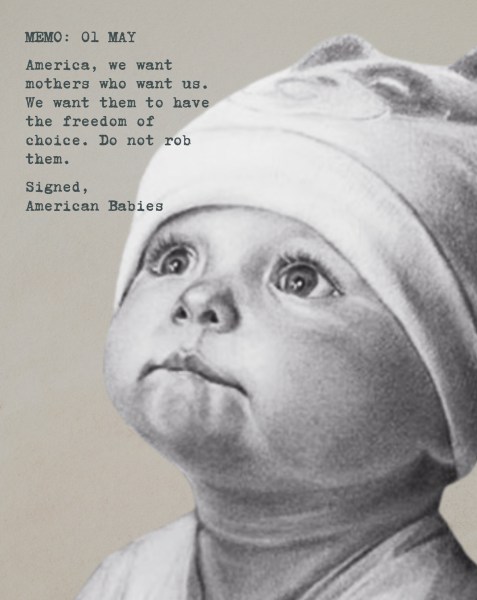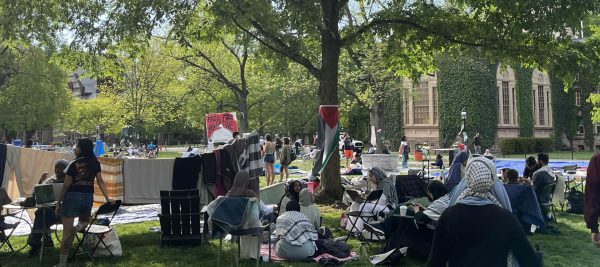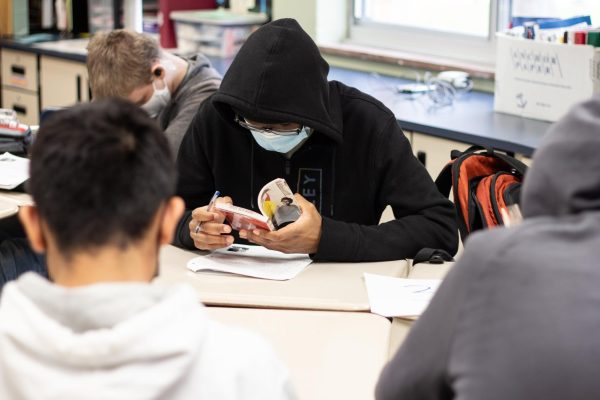Monkeypox spreads fear following the COVID-19 pandemic
Courtesy of The New York Times
After more than two years of the COVID-19 pandemic, monkeypox plagues the world
It has been over two years since COVID-19 has taken over our lives. Since then, different variants have risen and challenged our well being. However, by altering the way we lived, we managed to find ways to overcome these issues.
But, a new disease is on the rise and it’s one many of us fear for.
Monkeypox is an illness caused by infection from the monkeypox virus. The virus is not new and was first discovered in 1958. The first human case of monkeypox was recorded in 1970. Because it has generally been seen in parts of Central and West Africa, it is strange that the present outbreak is found in North America and Europe.
The infection often lasts for two to three weeks and typically goes away on its own or with treatment. It typically begins with symptoms similar to the flu, such as fever, chills, exhaustion, and headaches. However, they can proceed to form rashes with red bumps on the skin which eventually turn into pus-filled blisters.
Many people are wondering how monkeypox can be spread and how to keep themselves safe. Monkeypox can be spread to anyone through close physical contact. Direct contact from a person with monkeypox includes touching objects and surfaces touched by an infected person and intimate contact. Monkeypox is a zoonotic infection, meaning that it can spread from animals to humans. Newborn infants, young children, and people with immune deficiencies may be at risk of more serious symptoms and even death. Protecting yourself and others against monkeypox is very important. Cleaning and disinfecting your environment daily is important, as well as keeping yourself informed about the disease from veritable and authorized sources.
Monkeypox is not a sexually transmitted disease. However, according to the World Health Organization (WHO), many of the reported cases are in men who identify as gay or bisexual. This does not mean that gay and bisexual men are the main reason to why this disease is being spread. Anyone can get monkeypox including women and children.
At the moment, there are three monkeypox vaccines available in the U.S. The first one is the smallpox vaccine, which is at least 85% effective in preventing monkeypox, according to the CDC. The other is a two-dose vaccine called JYNNEOS which takes 14 days after getting the second dose for maximum immune protection. There is also a possible alternative called ACAM2000 which is a single-dose vaccine. It takes four weeks after vaccination to reach maximum immune protection, but it has the potential to combat more harsher side effects than JYNNEOS. It is extremely important to note that you should not get a vaccine if you are not at high risk. There aren’t enough resources available to vaccinate the whole population. Yet.
Currently, the monkeypox outbreak is becoming a major U.S problem.. Monkeypox has spread to forty nine states as of August 5, and is now a nationwide public health emergency according to the Biden administration.
While monkeypox cases may be on the rise, there are many ways to keep you and your loved ones safe.
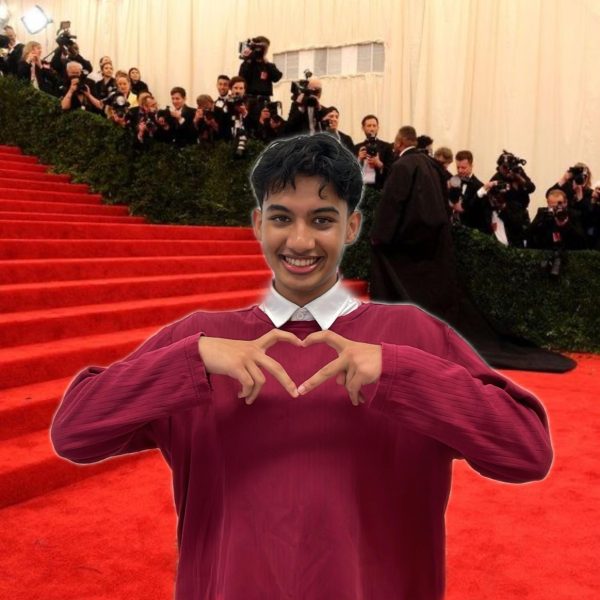
Manar is a stubborn yet determined individual who loves to explore different cultures, communities, and perspectives. He is a junior and is arguably the...

